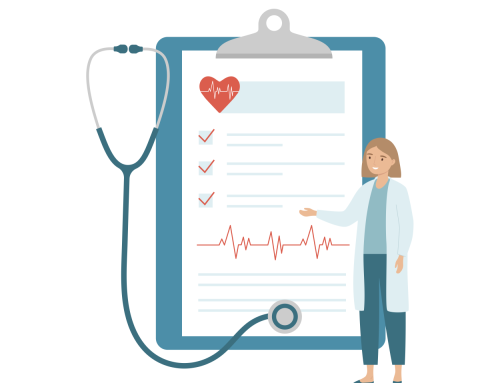 Children 16 years old and younger and young adults between 17 and 24 years who are leaving a public system of care such as foster care or a residential behavioral health facility are at increased risk of becoming homeless. This risk is due to:
Children 16 years old and younger and young adults between 17 and 24 years who are leaving a public system of care such as foster care or a residential behavioral health facility are at increased risk of becoming homeless. This risk is due to:
-
-
-
-
-
-
-
-
- lack of access to the continuum of care,
- lack of available and affordable housing,
- cross-system fragmentation,
- youth being discharged to the streets from inpatient or residential treatment,
- inconsistent oversight of behavioral health policies.
-
-
-
-
-
-
-
Ways that Medicaid can aid in significantly reducing youth homelessness with behavioral health needs:
- expanding coverage
- incentivizing cross-agency coordination
- increasing plan oversight and accountability
Ways that states have the power to address youth homelessness through their Medicaid programs:
- States can leverage Medicaid by implementing strategies such as expanding coverage and access to the full continuum of services, reframing the approach to residential and inpatient treatment, and preventing facilities from discharging individuals to homelessness.
- States can adjust policies to support families of youth who are at risk of treatment, drive alignment and cross-agency coordination, and increase oversight and accountability for Medicaid plans.
- Expanding the continuum of care for youth requires providing peer support, crisis services, and in-home services
- States should expand Medicaid support to cover services that help youth find and stay in housing
- States can combine Medicaid funding with other federal programs to expand affordable housing options for youth with behavioral health needs.
- Medicaid programs should cover education and employment supports, which can help youth develop the necessary skills to support themselves financially and maintain access to housing.
- States should enhance oversight and accountability to ensure that behavioral healthcare providers and managed care organizations (MCOs) comply with requirements that benefit young people.
Improving data collection and analysis across state agencies can also establish a complete picture of youths and their behavioral health needs, according to an analysis developed by Manatt Health for the Raikes Foundation.






